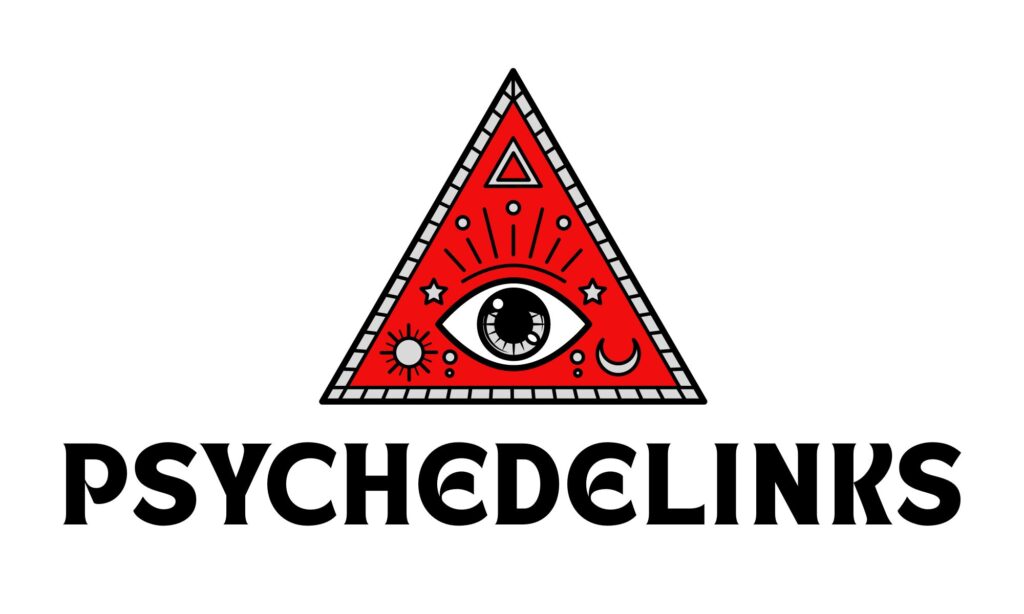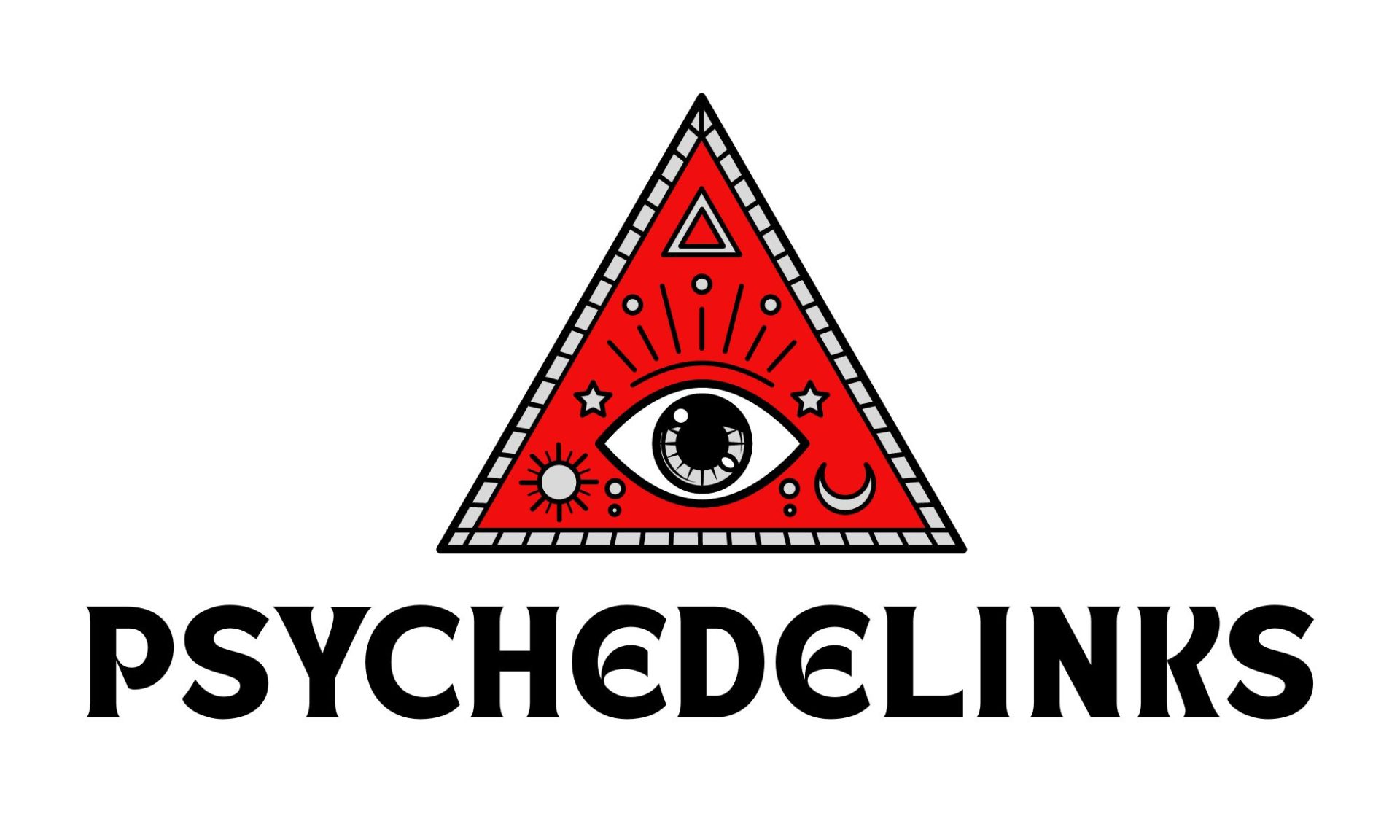PsychedeLinks is a curated selection of top news stories impacting business, research, and culture in the psychedelics ecosystem, crafted by Emerge Law Group’s groundbreaking Psychedelics Group.
Emerge’s Hot Take
Medford Company Becomes Second in State to Receive Psilocybin License
In the past week, the Oregon Health Authority issued Oregon’s first two psilocybin manufacturing licenses to Satori Farms PDX and Satya Therapeutics. Next up, the OHA expects to soon issue licenses to facilitators, service centers, and laboratories. But will psilocybin services be in full swing imminently? Probably not. The full psilocybin mushroom growth cycle can take a couple months and a laboratory still needs to be licensed by the OHA to test the first batch of psilocybin mushrooms before the product can make its way to services centers and ultimately consumers. “As we suspected and have reported in the past, the Oregon psilocybin services program is slow to grow but based on the concerns being voiced, I remain hopeful that people in this space are committed to building an affordable and sustainable program,” says Emerge attorney Kaci Hohmann. Patience…it’s a virtue.
Other Noteworthy News
Market Battle Lines are Being Drawn in Psychedelics – But What are the Warring Camps Really Fighting About?
“Advocates are understandably concerned that patents will be used to withhold medicine from people who need it. If these biotech businesses try to be rent-seekers of the entire industry, it will go about as well for them as it’s gone for corporate cannabis. Despite their mutual antipathy, I would argue that cultivators making small-batch chocolates and billion-dollar corporate entities do actually have something in common: they’re all incentivized to paint psychedelics as a miracle cure-all. Psychedelics’ potential is genuinely awe-inspiring — but as a long-time supplement manufacturer, I can assure you there are no magic bullets for physical or mental health. These psychoactive compounds are tools for change, not the change itself — and overstating their capabilities does consumers a disservice. When Oregon legalized recreational psilocybin use but required it to be consumed with a licensed guide, critics accused them of gatekeeping — but psychiatrist Richard A. Friedman applauded the choice. “Reshaping your mind isn’t always a great idea,” he argued in a recent Atlantic piece titled ‘Psychedelics Open Your Brain. You Might Not Like What Falls In.’ Clearly, big businesses shouldn’t be allowed to “own” plant medicines that have been used for millennia. But reasonable people with honorable motives can differ on some of these other issues, from regulating therapeutic training standards to what we should teach consumers to expect from psychedelic experiences. We can rail against the corporate water that’s flooding the psychedelic ship — or we can all grab a bucket and start bailing. We can also model responsibility in this space by not overpromising on psychedelics or misleading consumers into thinking they’re a magic antidote to all that ails us.”
Field Trip’s Downfall: Too Early, Too Aggressive, Too Extravagant?
“From the get-go, Field Trip made it clear that they would pursue an aggressive growth strategy, planning to open seventy-five clinics by 2024. But, there’s the kicker: Field Trip’s services were out of pocket, there was no reimbursement from insurance companies. There’s a limited pool of folks that would be able to afford Field Trip’s treatments, then. Self-styled psychedelic clinics like Field Trip were also a bit off in their forecasts of when psychedelics like MDMA and psilocybin might be approved. This confluence of factors has been punctuated by a cooled-off market that’s seen a significantly increased cost of capital. To be honest, Field Trip’s remarkable fundraising stint will likely be viewed in hindsight as an artefact of a frothy, hype-fueled early psychedelics market.”
Some Colorado Communities Don’t Want Psychedelic Healing Centers – But Can They Stop Them?
““Proposition 122 specifically prohibits local bans,” said state Sen. Steve Fenberg, a Boulder Democrat and the Senate president. “So a municipality can’t ban — but it can regulate time, place and manner.” Despite the ballot measure’s explicit prohibition on local opt-outs on psilocybin healing centers, municipal and county leaders from the Kansas line to the Utah line are intent on inserting as much local control as they can into whatever psychedelics-related legislation emerges at the state House this spring. The refrain at the Colorado Municipal League’s annual legislative workshop in Denver in February was clear: regulate mushrooms like marijuana. “Colorado has established a precedent with marijuana that allows Colorado communities to choose whether, and to what degree, they want to allow controlled substances in their communities,” league executive director Kevin Bommer said. “That precedent has been working well for state and local governments, but Prop 122 deviates from this model.” The jostling over the introduction of magic mushrooms is just the latest clash in a long-running dispute over what power and authority belongs to Colorado’s cities and counties versus the state. Cokedale Trustee Bob Holman said there are many specialty healthcare services that are simply not available to residents in rural areas of the state and psychedelics shouldn’t get special status. But backers of Prop 122 are adamant that their measure not get watered down. In February, proponents of psychedelic medicine faced off with state lawmakers in a legislative town hall in Boulder to demand that the General Assembly not gut the spirit of what voters passed.”
Hawaii Health Department Says Legalizing Psychedelics Is a ‘More Meaningful’ Step Than Creating a Study Group
“The Hawaii Department of Health (DOH) says that it would be prudent for the state to legalize certain psychedelics like psilocybin and MDMA to prepare for a likely federal policy change allowing their use for medical treatment. At a hearing before the Senate Health and Human Services Committee last week, DOH testified on a pair of resolutions that call for the establishment of an advisory council to study and make recommendations on approving psychedelic medicines. Members of the panel ultimately deferred action on the legislation, but there are other psychedelics bills advancing in the legislature this session, including one to create an advisory council to look into possible regulations to provide access to federal “breakthrough therapies” like psilocybin and MDMA. During last week’s Senate hearing, a DOH representative said that the department is neutral on the separate resolutions being considered by the committee, adding that he didn’t think the department would be the appropriate body to oversee the proposed advisory council. He also said that it might not necessarily make sense to form such a council to advise on possible therapeutic uses for psilocybin and MDMA given that the federal Food and Drug Administration (FDA) seems poised to authorize their use within “half a year” after designating them as “breakthrough therapies.”
Subscribe
Subscribe to PsychedeLinks to receive essential biweekly articles on news, business, and culture in the psychedelics industry, delivered straight to your inbox.



